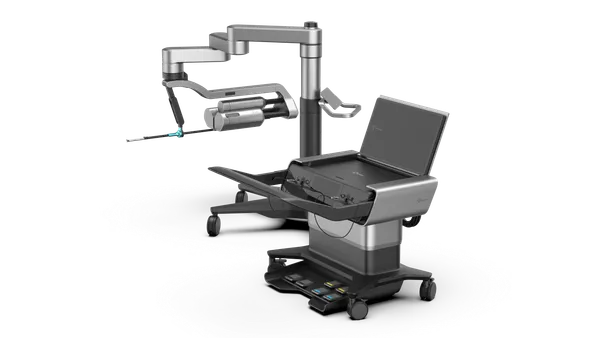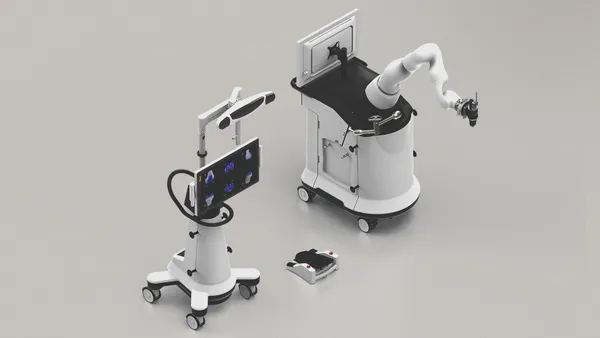Dive Brief:
- Abbott Laboratories and Medtronic presented data at the American Diabetes Association's 82nd Scientific Sessions on devices that are central to their near-term prospects in the burgeoning diabetes market.
- Researchers at Abbott used the event to highlight data on FreeStyle Libre 3. The company, which recently received clearance from the Food and Drug Administration for the Libre 3, said the device is the first 14-day continuous glucose monitor to achieve a score of less than 8% for a measurement where a smaller percentage indicates that a CGM reading is closer to a reference glucose value.
- Medtronic offered real-world data at the event on MiniMed 780G, the insulin pump system that is under review at the FDA. The device achieved a time in range of 72.9% in a study of almost 7,000 people in Europe, validating the performance seen in the pivotal trial.
Dive Insight:
Libre 3 and MiniMed 780G are key to the near-term plans of Abbott and Medtronic. Abbott, having recorded growth in the diabetes market, is looking to Libre 3 to maintain its momentum and hold off competition from Dexcom. For Medtronic, MiniMed 780G represents an opportunity to improve its position in the insulin pump market, although its introduction has been held up by an FDA warning letter.
Abbott focused its late-breaking data presentation on mean absolute relative difference (MARD), a way of assessing the accuracy of a sensor. Analysts at Evercore ISI said in a note they were looking to learn how the Libre 3 CGM system performed in the post-warmup period as the sensor calibrates, and later in the wear cycle, when there have been concerns about how the degradation of chemistry may affect performance.
Overall, Libre 3 achieved a MARD of 7.9%, leading Abbott to claim it is the first device of its kind to post a sub-8% result. Abbott’s last-generation Libre 2 had a MARD of 9.3%, compared to 8.7% for Dexcom’s rival G7 CGM device.
The overall figure for Libre 3 masks some changes throughout the 14-day period. Libre 3 achieved a sub-9% MARD from over the first three days, and about 7% MARD from day nine to day 14. The Evercore ISI analysts said in their note that the performance of the CGM looked “solid.”
While Abbott has FDA clearance for Libre 3, Medtronic still is waiting on the authorization of MiniMed 780G. The advanced hybrid closed loop system received a CE mark in Europe two years ago, though it has yet to receive authorization from the agency.
The CE mark has enabled Medtronic to generate real-world data on the system while it works through its issues with the FDA. At the ADA event, Medtronic linked the device to a 72.9% overall time in range when used by 6,989 people with diabetes in Europe in real-world settings. Time in range was above the consensus guideline recommendation of 70% in both children and people aged 15 years and older.
Analysts at Evercore ISI said the data “should provide confidence” that the new system removes the disadvantages that held back its predecessor. The analysts recalled that Medtronic’s prior system faced “pushback” because of “constant alarms needing a finger prick confirmation that resulted in patients dropping out of the closed loop algorithm.”
“Whether 780G can be approved is another question,” the analysts said in the note.
The review has been held up by a warning letter that was sent to the company's diabetes group. Medtronic has opted against including MiniMed 780G in its guidance.
“Hopefully this [real-world] data helps MDT in building its clinical case as the warning letter dealt with the older system and has no relevance to 780G," the analysts said.












